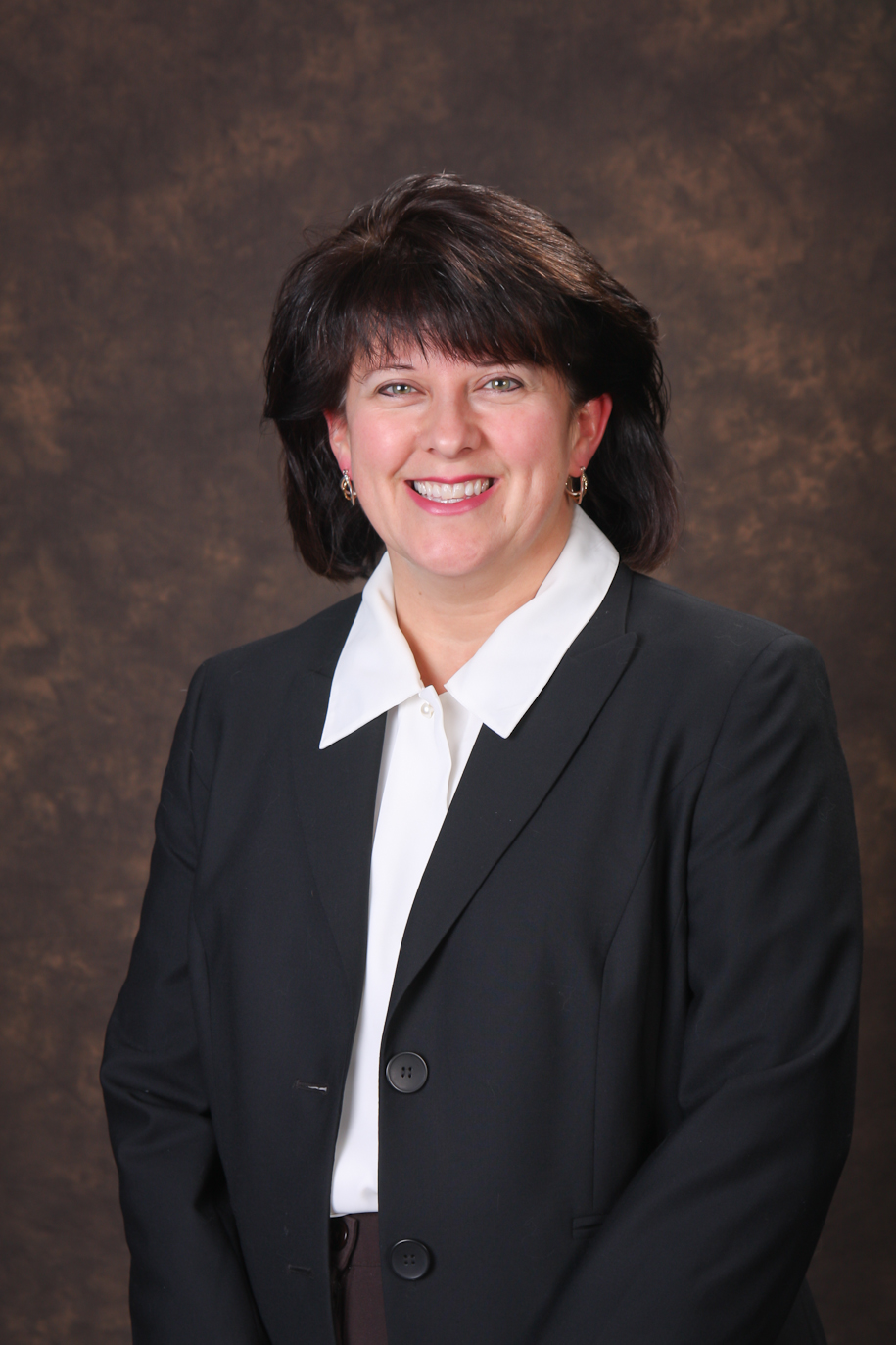Carolyn Newhouse remembers when she was young, standing on a crate on a 200-acre Pennsylvania farm, and her grandfather tending to dirt and telling the little girl, “Plant your garden,” followed by some advice on where to plant the cabbage.
Her grandfather was one of 10 children who all had their own businesses, including his sisters in an era where women could mostly aspire to a career in teaching or nursing. Growing up, her father and uncles all ran family businesses. She has three brothers who are entrepreneurs. So are their wives.
For Newhouse, entrepreneurship is very much a family thing.
Newhouse never did master how to grow crops, but she did learn how to plant the seeds of successful companies. The serial entrepreneur started four companies in multiple industries, including technology. Most recently she launched an agriculture business in 2011 that harkened back to her deep family roots. It consisted of a café that served old-fashioned ice cream, a produce center and a garden center. The primary goal was to have something her two college-aged children could get involved in. In just three months, Fosterbrook Market did $250,000 in sales.
Newhouse, however, has moved on from these entrepreneurial ventures in the hopes of helping Pennsylvania small business in a much different way. As Deputy Secretary for Innovation and Investment for the state’s Department of Community and Economic Development (that funds Ben Franklin Technology Partners) for the last year, Newhouse has played a significant role in re-establishing priorities and focus for Pennsylvania’s primary advocate for entrepreneurs and job creation. That includes streamlining different offices and getting a handle on the effectiveness and availability of some 67 DCED programs and a staff of 81 that processes 10,000 applications for some $2.2 billion in project funding every year.
Keystone Edge (KE): What were some of the challenges of consolidating the Offices of Business Assistance, Technology Investment and Tourism, Marketing and Film?
Carolyn Newhouse (CN): It’s such a great opportunity. It was a chance to take a fresh look at how we can integrate staff under one umbrella. A couple of things made this easy. First, a whole bunch of things coalesced at the same time. All of those three groups (or five, depending on how you look at it), they ultimately have the same mission of helping businesses and economic development. Also, in December DCED completed a strategic plan that outlined our policy priorities so everyone was in line and had very strong participation of all the staff and leadership. It was a great group effort. We went out and spent a lot of time in the community listening to stakeholders and businesses. We gave an assessment relative to where we can streamline operations and gain some economy.
KE: What did you hear from stakeholders and businesses during the community listening process?
CN: There are really two things we heard again and again. There was availability of resources. We’re all trying to figure that out, whether it’s for infrastructure, workforce development or programs of DCED. The second thing is responsiveness. The speed of business is fast. DCED needs to be structured to be responsive like that.
KE: What about DCED’s priorities?
CN: Our strategic plan has five policy priorities. The three that are most applicable to (the Office of Innovation and Investment) are stimulate job growth and business expansion and growth; expand Pennsylvania’s innovation economy; and embrace Pennsylvania’s assets, which relative to tourism is pretty critical. Those are great policy priorities. The next question of course is how does that translate to day-to-day operations?
It was about figuring out how to best focus those funds to stimulate job creation. We are currently undergoing an extensive ROI assessment of our program so we can definitively identify the program that give us the best bang for our buck. Consider the PA First Program, a hallmark program for the Corbett administration. It’s a grant program that really helps businesses and is invaluable to us in terms of business attraction. The ROI on that is, for every job that’s created in the program there’s an associated cost factor of $700. We have other programs where the relative cost is $35,000.
KE: You founded an IT company, SuperUser Technologies, in Bradford in 1993. What did you learn about the state's entrepreneurial ecosystem and how does that impact your decision-making today?
CN: SuperUser was the first of four companies that I created. It’s interesting now to look at it. I was in a Ben Franklin Technology Partners incubator for years. Technically I would fall into the pattern of being a high-growth company. I wouldn’t have known what (entrepreneurial) ecosystem meant back then. I was going to make it on my own and be phenomenally successful and felt I didn’t need government services to do that. Coincidentally I needed office space and the Ben Franklin program was in Bradford. At the time it was a spinoff of its Erie office, and it had everything I needed. I didn’t know it was part of DCED or part of a deeper strategy, but in hindsight, it’s so important now that I’m on this end, to work extremely closely with our partners who are our feet on the street, because they know what communities need to be successful.
KE: Why did you decide to make the move to the public sector after more than two decades of success in private business?
CN: You know when you start out and you think you can do it all yourself? Over time you realize the more you partner, there’s so much synergy and you can be more successful. I got to the point where I thought I could be more impactful. We could have continued to grow businesses but I really thought I had a perspective relative to small business and entrepreneurship. Look at the makeup of our state; there’s so much impact from small business that I felt I could be more impactful (in the public sector). I was also excited that Secretary Walker had a lot of vision and also came from the private sector.
KE: What message would you have for someone looking to start a company in Pennsylvania?
CN: We have strong partnerships and the resources are here and we’re all trying to streamline the delivery of those resources. We have partners through our PREP program to help entrepreneurs facilitate and navigate their way through programs that would be most appropriate for their needs. The second thing I’d add is we’re launching a new Small Business Champion Network. This network is like customer service on steroids. This is not entry-level. This is best of our best. These people have breadth of knowledge in regards to our programs as well as other agencies. And they have the depth to answer detailed questions. Their job performance is based on not transferring anyone to voice mail.
JOE PETRUCCI is managing editor of Keystone Edge. Send feedback here.


